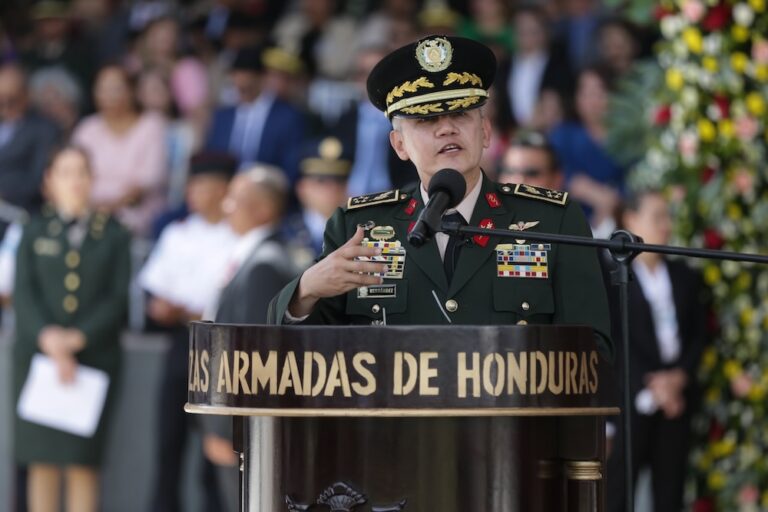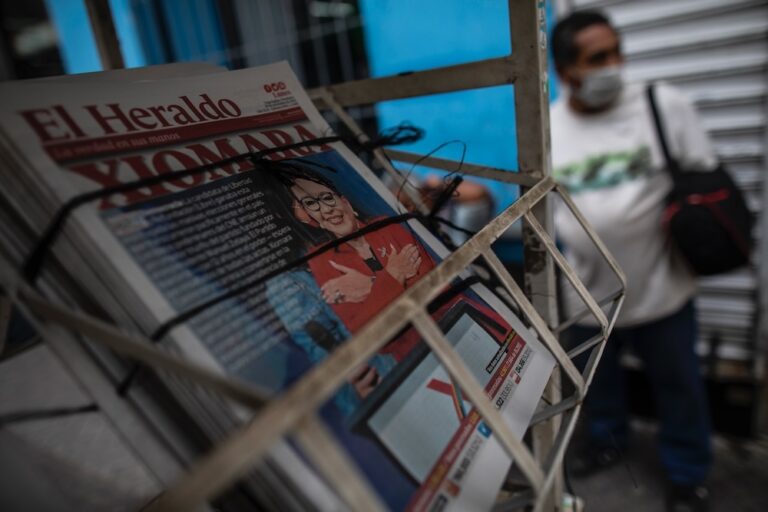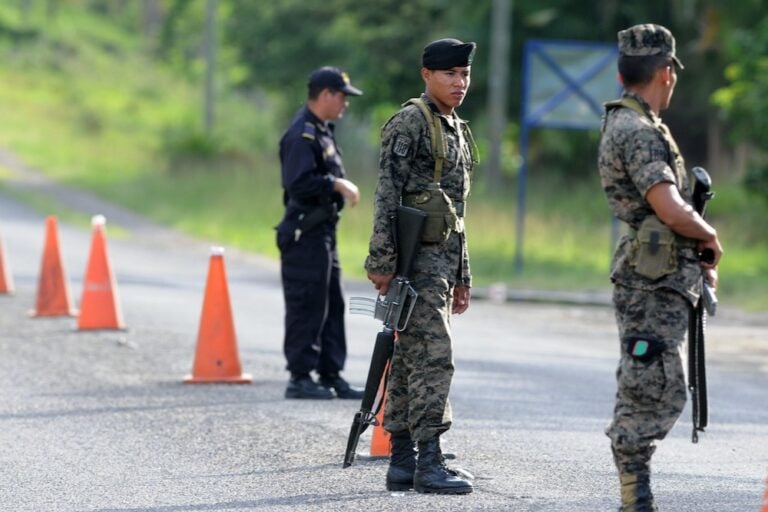According to the Reporters Without Borders tally, a total of 28 journalists and media workers have been killed in connection with their work in Honduras since 2000. The three latest murders are likely to join the list.
This statement was originally published on rsf.org on 8 July 2015.
Reporters Without Borders condemns a new wave of murders of journalists in Honduras, where impunity is the rule. Three have been killed in the space of ten days.
The most recent victim is Joel Aquiles Torres, who owned local TV station Canal 67 and had shares in a TV cable company. He was shot dead by suspected contract killers on a motorcycle while driving his car in Taulabe, in the central department of Comayagua, on 3 July.
The police said 29 bullet impacts were found in his car and that the motorcycle used by the hitmen was found abandoned 3 km from the scene. Since then, the police have provided no information about the investigation’s progress.
Radio and TV journalist Jacobo Montoya Ramírez was gunned down by suspected contract killers in his home in the western town of Copán Ruinas on 25 June. Witnesses said the gunmen shot him once at the door of his home and then followed him inside to finish him off as his mother looked on.
The body of Juan Carlos Cruz Andara, a journalist with the TV station Teleport, was found inside his home in the northern city of Puerto Cortés on 23 June. He had been stabbed to death.
Last February, he filed a report with the police about a death threat but had continued working. He also helped produce programmes promoting tourism in Puerto Cortés and was an LGBT community activist.
“We condemn this terrible violence against journalists and the impunity that reigns supreme in Honduras, which cannot be allowed to continue,” Reporters Without Borders editor in chief Virginie Dangles said.
“The police and judicial authorities must conduct independent, impartial and thorough investigations in order to solve these appalling murders, and must not rule out the possibility of a link with the victims’ journalistic work.”
Dangles added: “Honduras must move from words to action and must comply with its international obligations, including the recommendations that were accepted during the Universal Periodic Reviews in 2010 and 2015 as regards protecting journalists and conducting effective investigations into crimes of this kind.”
These three latest murders follow that of Erick Arriaga, a Radio Globo employee who was gunned down in the capital in February.
Ranked 132nd out of 180 countries in the 2015 Reporters Without Borders press freedom index, Honduras was the western hemisphere’s fourth deadliest country for journalists in 2014, following Mexico, Colombia and Brazil.
According to the Reporters Without Borders tally, a total of 28 journalists and media workers have been killed in connection with their work in Honduras since 2000. The three latest murders are likely to join the list.


